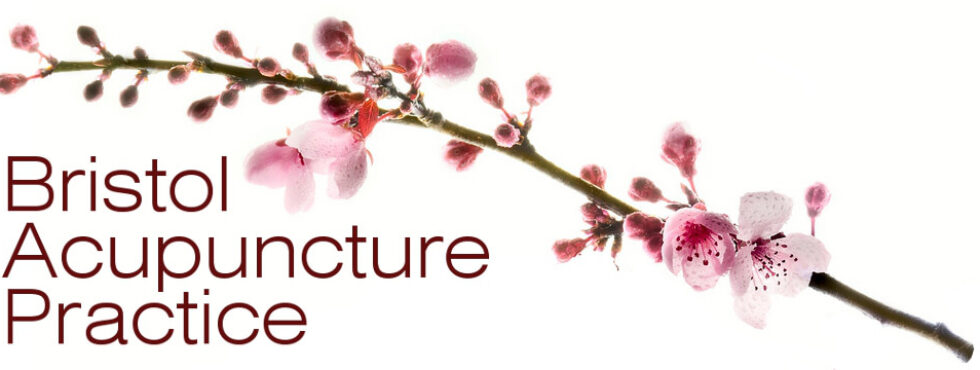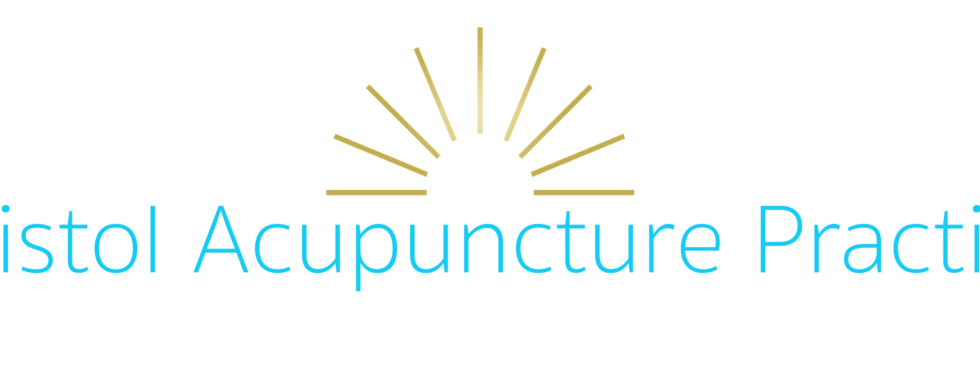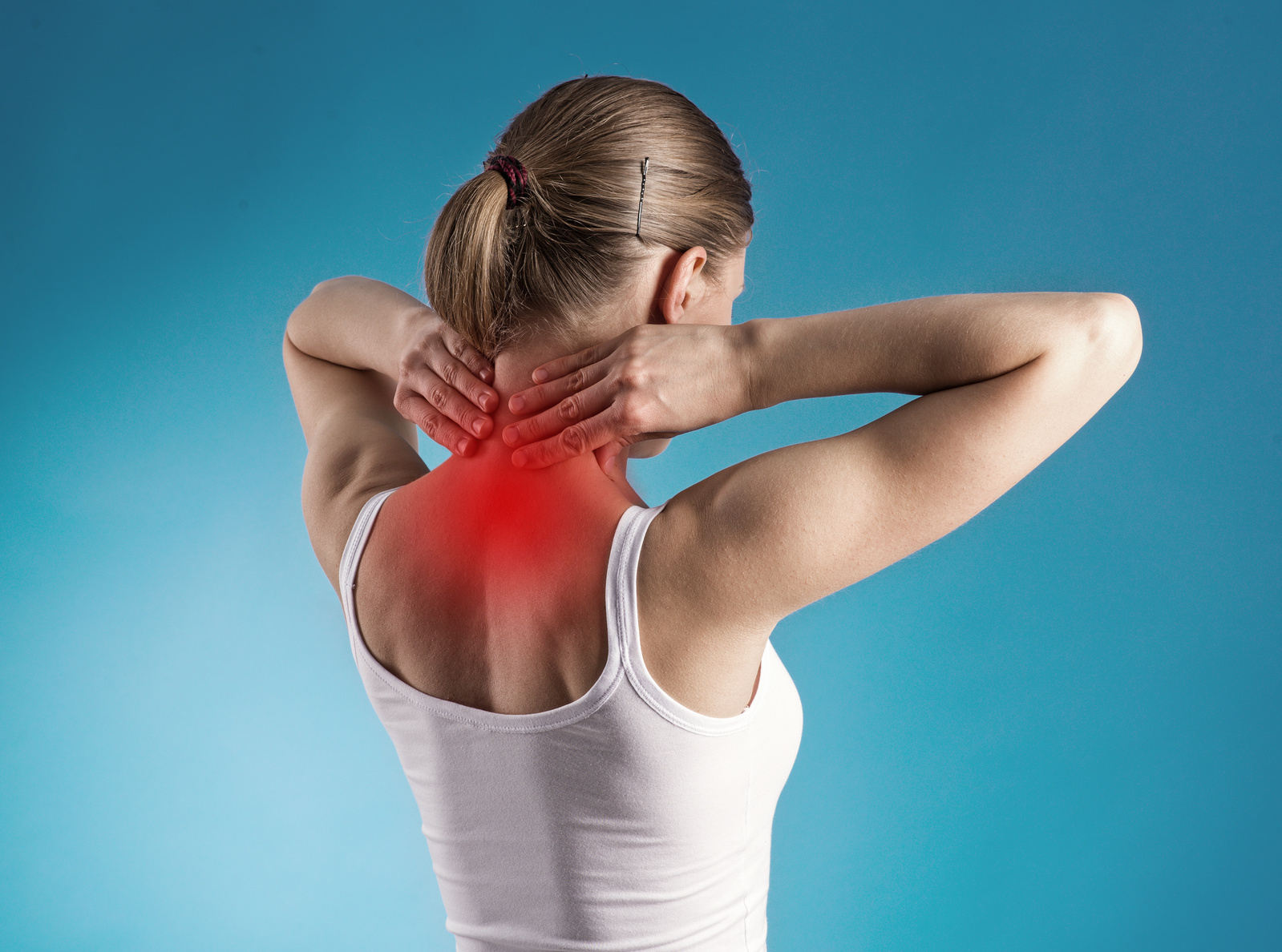Back Pain
Acupuncture for back pain can reduce your pain, inflammation, and increase mobility.
Acupuncture is a widely accepted form of treatment for back pain and back related injuries. It is now recognised by UK doctors as effective (NICE ). We have have a good track record of treating backs, with 12 years experience practicing acupuncture in Bristol. Primarily we use acupuncture, though we may also use other Chinese Medicine techniques, such as electro acupuncture, cupping, moxibustion and gua sha.
Acupuncture can help back problems by reducing pain, reducing inflammation, improving mobility, and increasing circulation.
How does it work?
The British Acupuncture Council state that acupuncture for back pain works by:
- providing pain relief – by stimulating nerves located in muscles and other tissues, acupuncture leads to release of endorphins and other neurohumoral factors and changes the processing of pain in the brain and spinal cord (Pomeranz 1987; Zhao 2008).
- reducing inflammation – by promoting release of vascular and immunomodulatory factors (Kim 2008, Kavoussi 2007;Zijlstra 2003).
- improving muscle stiffness and joint mobility – by increasing local microcirculation (Komori 2009), which aids dispersal of swelling and bruising.
- reducing the use of medication for back complaints (Thomas 2006).
- providing a more cost-effective treatment over a longer period of time (Radcliffe 2006;Witt 2006).
- improving the outcome when added to conventional treatments such as rehabilitation exercises (Ammendolia 2008; Yuan 2008).
The National Institute for Health and Clinical Excellence guidelines on best practice now recommend that GPs offer a course of 10 sessions of acupuncture as a first line treatment for persistent, non-specific low back pain.
Research:
Research has shown that acupuncture is significantly better than no treatment and at least as good as (if not better than) standard medical care for back pain (Witt 2006; Haake 2007; Cherkin 2009; Sherman 2009a). It appears to be particularly useful as an adjunct to conventional care, for patients with more severe symptoms and for those wishing to avoid analgesic drugs (Sherman 2009a, 2009b; Lewis 2010). It may help back pain in pregnancy (Ee 2008) and work-related back pain, with fewer work-days lost (Weidenhammer 2007; Sawazaki 2008).-From The British Acupuncture Council.
See also: NICE guidlines on acupuncture for back pain.







